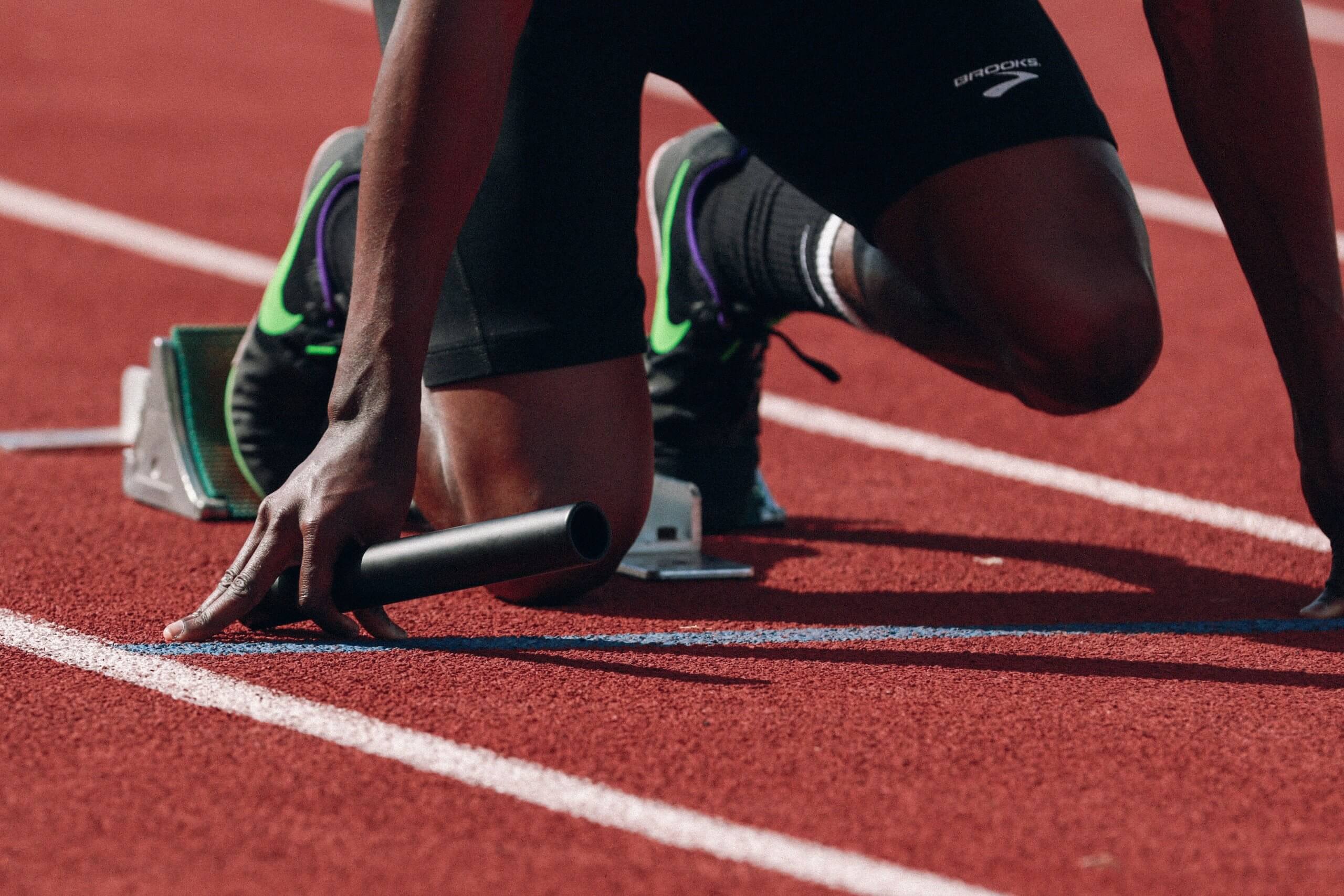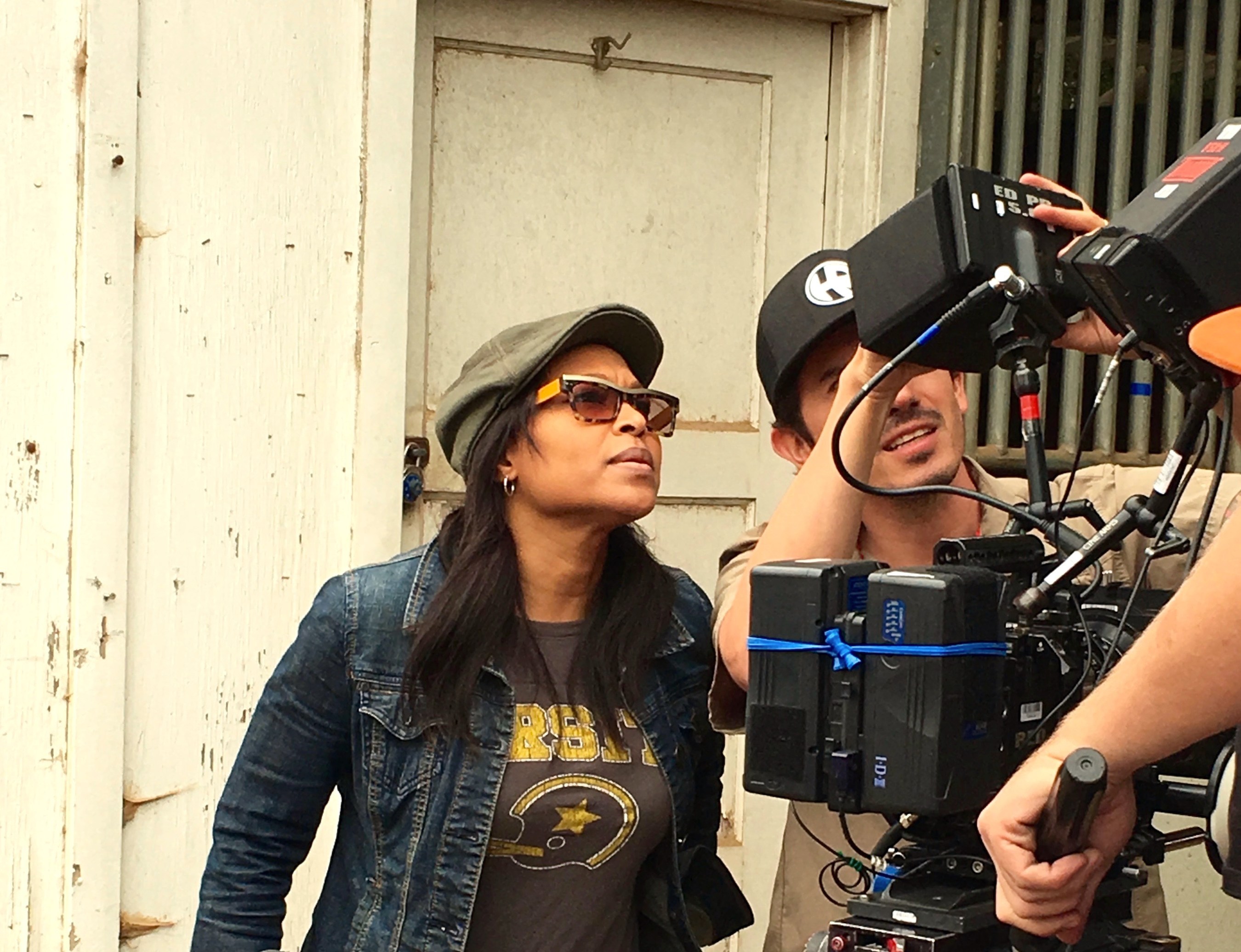Gatorade Endurance Survey Finds ‘Safety Concerns’ As Primary Barrier For Minority Entry Into Endurance Sports
Over two-thirds of minority athletes interested but not active in endurance sports said that seeing others like them participate would make them much more likely to get involved
CHICAGO, Aug. 18, 2021 /PRNewswire/ — Gatorade Endurance released results from a survey* designed to identify and understand the barriers minority athletes (specifically People of Color, Black, LGBTQ+ and Disabled) face when considering participation in endurance sports, and how to overcome these barriers. Among the key findings, safety concerns – i.e., getting injured, hate crimes, not wanting to train alone and having a safe training location – were the top barriers within all four groups who are interested but do not participate in endurance sports. Gatorade Endurance launched a new page on its website with resources to help athletes overcome the barriers uncovered in the survey.
“We are committed to fostering inclusivity within the endurance sports community, and the first step was to better understand the complexities around the current environment and potential barriers so we can affect real change,” said Kalen Thornton, chief marketing officer at Gatorade. “Personally, I’ve witnessed the opportunities that exist from my own experience in marathons and cycling. I was someone who never thought they would ever run 26.2, but through partnerships with run crews and clubs I realized there was far more diverse representation among these communities. Our survey and online resources do not represent a solution or the end of our journey, it is a building point for us and voices in the endurance community. We hope it helps provide new perspectives that can lead to conversation and transformation.”
DEEPER LOOK
To help understand the safety concerns for each of the four groups who are interested in but do not participate in endurance sports, they were asked what exact safety concerns hindered their participation.
- Nearly half (45%) of People of Color respondents said that safety concerns are one of their top barriers mainly because of having no safe location to train and compete, hate crimes (i.e., gender-based violence, racism), unreliable and/or unsafe transportation and not having the proper equipment to train and/or compete safely.
- Two in five (38%) of Black respondents said that safety concerns are one of their top barriers primarily because they don’t want to train alone, there is no safe location to train or compete, they don’t have the proper equipment to train and compete safely and because of the risk of getting injured.
- One in three of LGBTQ+ (33%) respondents said that safety concerns are one of their top barriers because of the risk of getting injured, their personal surroundings (i.e., afraid of getting mugged, violence), not wanting to train alone and having no safe place to train and compete.
- Over one in four (28%) of Disabled respondents said that safety concerns are one of their top barriers because of hate crimes (i.e., gender-based violence, racism), not having a safe location to train or compete, and their personal surroundings (i.e., afraid of getting mugged, violence).
BEYOND THE BARRIERS
Beyond identifying barriers, the survey explored what would make each respondent cohort more open and likely to begin participating in endurance sports, as well as what helped minority athletes who do participate, overcome their barriers. For current non-participants, more than two-thirds (69%) said seeing others like them participate would make them much more likely to get involved. Other potential participation motivators included family (30%), friend (30%) or community support (26%) and improved mental (31%) and overall health (33%).
Some would assume that the barriers differ between those who participate already versus those who have not, but safety concerns remain one of the top for both – with risk of getting injured (44%) and hate crimes (42%) being the two leading contributors of safety concerns even for those that do participate in endurance sports.
Interestingly, participating respondents indicated that support from family and friends were key to pushing them to participate, not specific safety interventions. In fact, 65% indicated family support and 56% agreed friend support as helping them overcome the challenges affecting their participation in endurance sports.
RESOURCES
Last year, the brand launched the ‘Someone Like Me’ Speaker Series, which sought to encourage participation and foster inclusivity in endurance sports by highlighting minority athletes’ stories. In year two, the brand is not only sharing the barriers uncovered in the survey, but also providing resources to help athletes overcome them. This information is hosted on the new Community page, within the Gatorade Endurance website (gatoradeendurance.com), and covers tips to breaking these barriers, as well as stories from minority athletes who participate in endurance sports on how they broke these barriers, their experience within the sports and why they continue to participate.
These efforts embody Gatorade Endurance’s ambition to inspire people of all walks of life to have the opportunity to participate in endurance sports because while everyone’s experiences are unique and personal, sport unites us all.
Visit https://GatoradeEndurance.com/Community and follow Gatorade Endurance on Instagram (@GatoradeEndurance) and YouTube (Gatorade Endurance) for additional survey findings, including the other primary barrier – such as family obligations, related to caring and providing for their family, as well as time, related to job(s) having demanding hours.
*TRUE Global Intelligence, the in-house research practice of Fleishman Hillard, fielded an online survey among 1,507 adults ages 18-40 in the US, from April 10-23, 2021. Respondents included Black, People of Color, Disabled and LGBTQ+ who currently participate in endurance sports or have an interest, but do not currently participate.
SOURCE Gatorade Endurance




